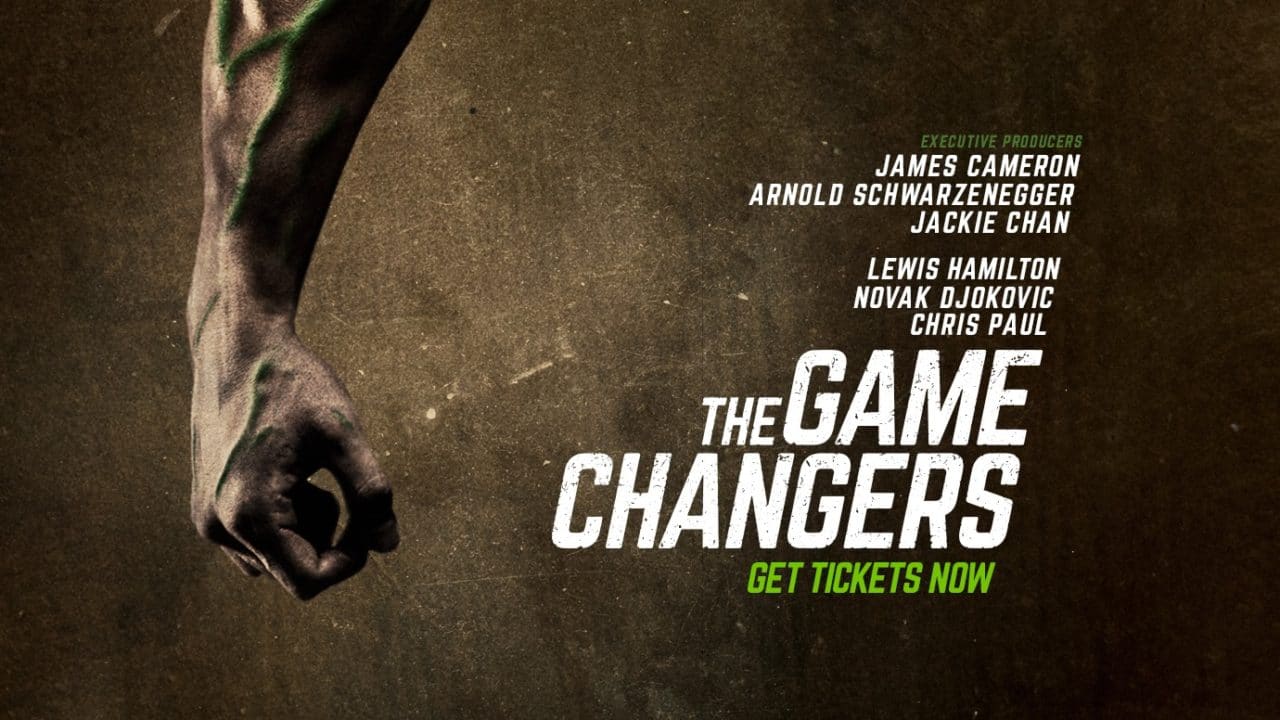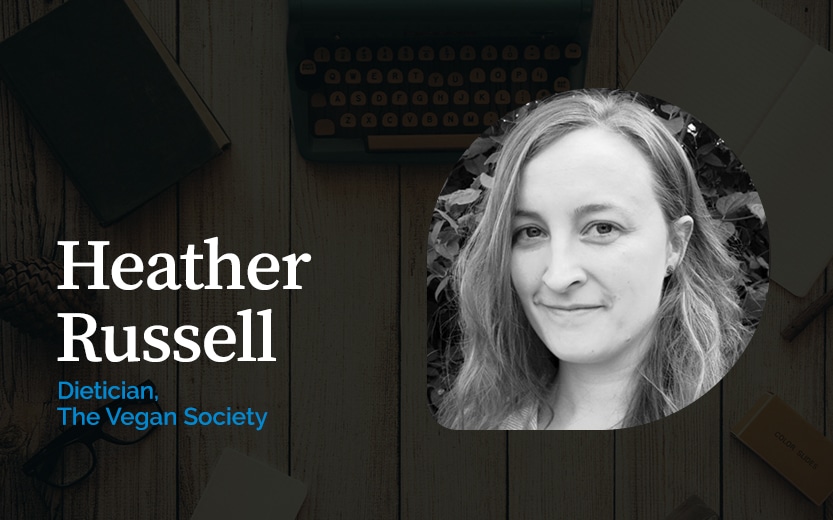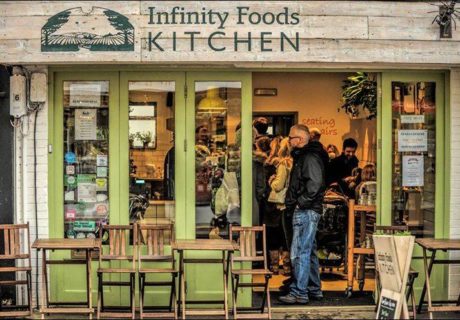This month, you might hear a lot of chatter about plant-based athletes due to the release of a documentary called The Game Changers.
The executive producers include plant-based advocates Lewis Hamilton and Novak Djokovic, who consistently deliver elite performances without consuming animal products. Across the world, there are sportspeople smashing the myth that you can’t be fit and strong if you’re vegan, so be prepared for conversations with inspired consumers.
High quality fuel
The bedrock of sports nutrition is a balanced diet. Eating well helps athletic individuals to train hard and recover quickly. Well-planned vegan diets are packed full of health-promoting plant foods like fruit, vegetables, wholegrains and nuts.
Most of the energy in our diets should come from carbohydrates found in starchy foods and fruit. Wholegrains are a particularly nutritious source of this nutrient, and quinoa, wild rice and buckwheat also contain good quality protein. However, some sportspeople have smaller appetites and benefit from including less bulky options in their diets like white pasta and rice. Timing is important; fuelling up around training helps to optimize performance and recovery. Carbohydrate-rich options containing a moderate amount of protein are ideal:
- Porridge made with fortified soya milk and topped with fruit
- A hummus sandwich and fruit juice
- A pasta dish containing beans, chickpeas or lentils
Some people worry that it’s difficult to achieve a high energy intake without animal products. Certain nuts and seeds provide both healthy fats and good quality protein, so they’re great foods for fuelling an active lifestyle.
Examples include cashew nuts, pumpkin seeds, ground linseed (flaxseed), chia seeds and hemp seeds. Peanut butter is a winner too. Walnuts, avocado, dairy-free spread, vegetable (rapeseed) oil and olive oils can also be used to boost calories.
Plant-derived protein
Media hype around protein has placed a disproportionate amount of focus on this nutrient. Yes, athletic individuals need extra protein to develop and maintain their muscles but they also need to eat a lot more food in general, meaning that they’re likely to get some of the extra protein without trying.
Across the world, there are sportspeople smashing the myth that you can’t be fit and strong if you’re vegan
There’s a misconception that it’s essential to obtain protein from meat and dairy in order to thrive as an athletic person. In reality, it’s easy to get enough from meals containing good plant-based sources if you’ve got a good appetite. Soya and vegan Quorn products are particularly useful foods for active vegans and other people with relatively high protein requirements because the quality of the protein is similar to that of the protein in meat and dairy. Beans, peas and lentils are nutritious options. For example, three heaped tablespoons of kidney beans provide one of your 5 A Day and about 16% of your daily fibre target as well as protein.
It’s a good idea to spread out protein intake by eating regular meals containing rich sources, including a bedtime snack. It’s helpful to use soya or pea milk since the protein level of these varieties is similar to cows’ milk and much higher than other plant milks.
Minding the minerals
It’s particularly important for athletic people to ensure that their daily diet contains plenty of iron-rich foods and really rich sources of calcium. Good sources of plant protein tend to be iron-rich; kale, raisins, wholegrains and fortified breakfast cereals also provide iron. Absorption of this nutrient can be boosted by adding a source of vitamin C to meals, such as pepper, broccoli, cabbage, kiwifruit, citrus fruits or pineapple. It’s easy to hit the daily calcium target by consuming great plant-based sources like fortified dairy alternatives and calcium-set tofu.
Further information about vegan nutrition is available at vegansociety.com/nutrition.






